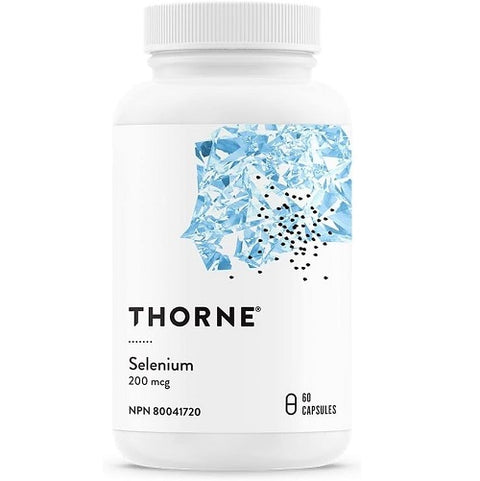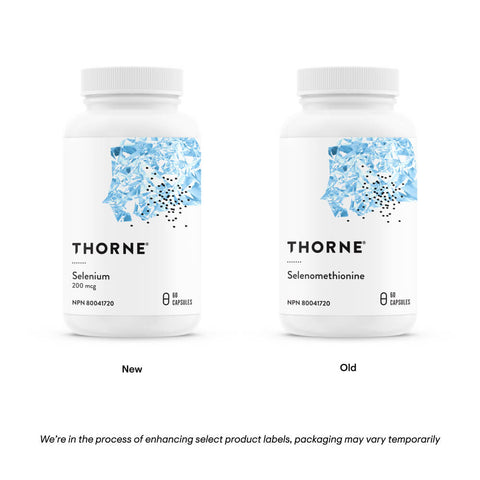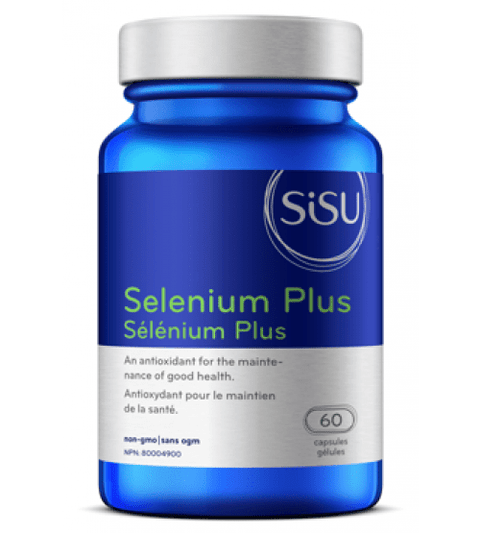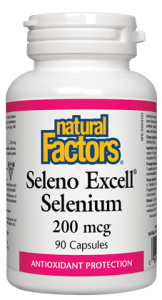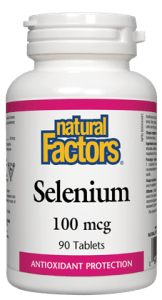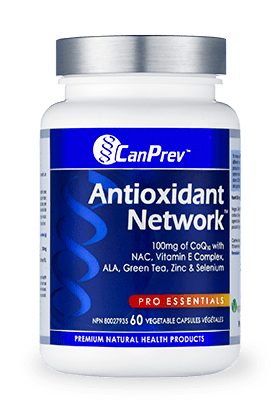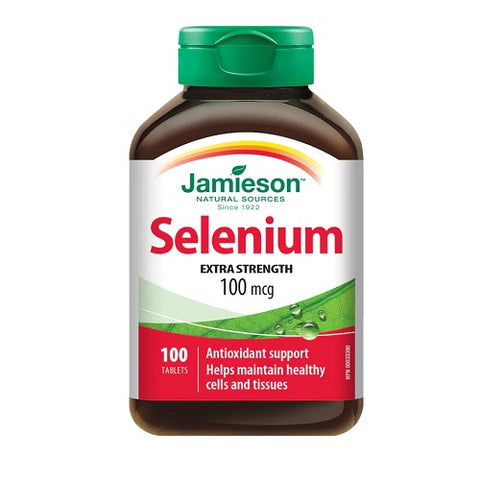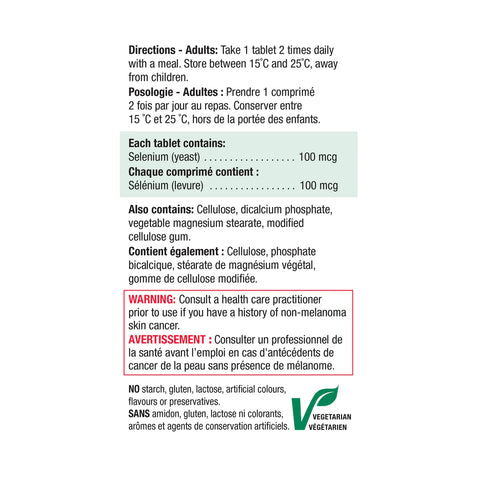16 products
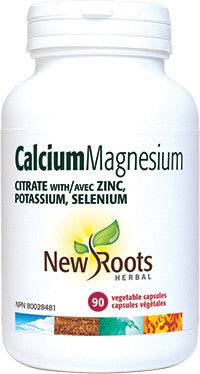
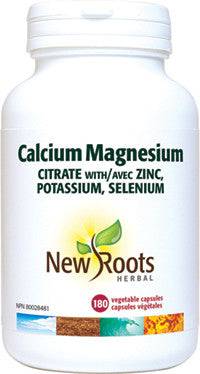
On Sale from $19.90
New Roots Herbal Calcium Magnesium Citrate with Zinc, Potassium, Selenium
18% off
Learn more
About this collection
Related categories
Shipping
- Canada 1-10 business days after your order leaves the warehouse and is dependent on your region.
- United States 4-14 business days after your order leaves our warehouse.
For more info, visit our shipping page.
800 brands. 15,000 products. 600,000 happy customers.
We're thrilled to provide everything your health needs, and what makes us even prouder is our commitment to excellent customer service. Just read our vitamins & supplements store reviews!
6
Special Offers
Special Offers (6)
Holideals Extra 15% Off
Shop gifts with extra discount
Extra 10% Off No Days Wasted
Valid until December 22, 2025
Extra 10% Off Aroma Crystal Therapy
Sale ends December 22, 2025
Extra 15% Off Prairie Naturals
Valid until December 22, 2025
Up to 43% Off Clearance
Save more on items you usually buy.
Up to 40% Off Flyer Deals
While quantities last.

